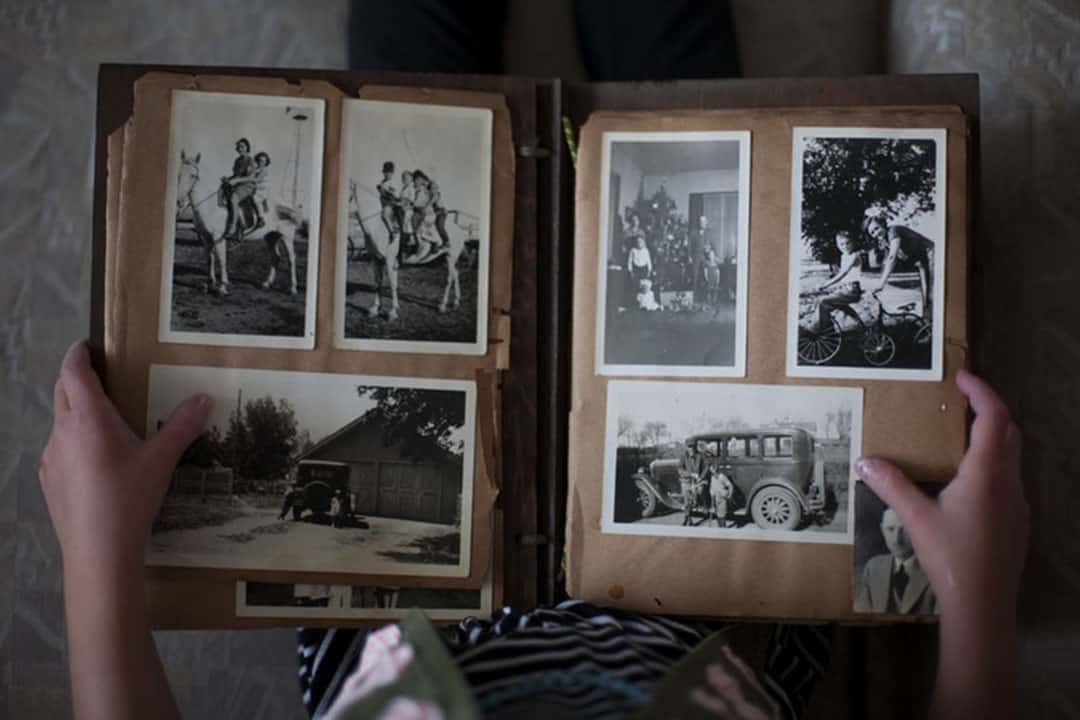The past and its influence on core beliefs
Sometimes it is not only our own selves and others we cannot trust (as mentioned last week) but our experiences, especially those recollected from memory. Our interpretation of past and ongoing experiences greatly influences our mental health, and this has been acknowledged in all the psychotherapies available today. Whilst psychoanalysis is most commonly associated with recalling the past and particularly childhood experiences, Cognitive Behavioural Therapy (CBT) also aims to challenge the core beliefs developed in response to a past experience that are having a negative impact on the present.

A study by Millings and Carnelley categorised core beliefs into 10 categories:
- Attachment
- Competence
- Global self-evaluation
- Health/ medical concerns
- Control/power[lessness]/strength/weakness
- Meta-cognition
- General beliefs about others and elf in relation to others
- Hopeless inevitability/overwhelmed
- Other people’s views about self
- Other
They found that the first three of these categories were the most reported amongst patients with anxiety and depression. This is important to note because these three themes, attachment, competence and global self-evaluation are largely dependent on past experiences. Attachment core beliefs are heavily influenced by your relationships throughout childhood, competence core beliefs influenced by your perceived successes and failures from the past and your global self-evaluation relates to your understanding of yourself, your self-perception built on past versions of yourself and other people’s opinions of you in the past. For those with an anxiety disorder, power/ control themed core beliefs were also very important; it’s easy to see how someone who feels they aren’t in control or don’t have sufficient power to protect themselves may have elevated anxiety levels, and in many cases this may have roots in memories where they did not feel in control.

Reimer and Moscovitch found that individuals with social anxiety reported experiencing negative intrusive images in social situations, stressing that “negative images are historically-derived, carrying over distressing content from past autobiographical experiences”. They used a technique called “Image Rescripting” in which patients recalled the memory as they experienced it then (phase 1), then observed the scene as their present self (phase 2), then returned to phase 1 in light of phase 2 (phase 3).
Through this process original beliefs such as “I’m worthless”, “If people get to know me, they’ll reject me” changed to more balanced and positive beliefs like “If I accept myself, other people will accept me”, “I’ve got lots of qualities and traits that make me likeable and I can laugh at my shortcomings or work on them if I want to change.”
Revisiting the past and rewriting the memory in this way, in a more balanced and objective way, can really help you to turn negative maladaptive core beliefs into constructive healthy and balanced ones.

This idea of taking the benefit of past negative experiences is affirmed by a Hadith which states that,
“Amazing is the affair of the believer, verily all of his affair is good and this is not for no one except the believer. If something of good/happiness befalls him he is grateful and that is good for him. If something of harm befalls him he is patient and that is good for him.”
[Muslim]
Whilst bad experiences or memories can be extremely psychologically damaging, with support and faith it is possible to prevent that past from establishing maladaptive core beliefs and further causing pain in the present and future.
Can you think of a time when a past experience may have felt negative but ended up actually helping you?




